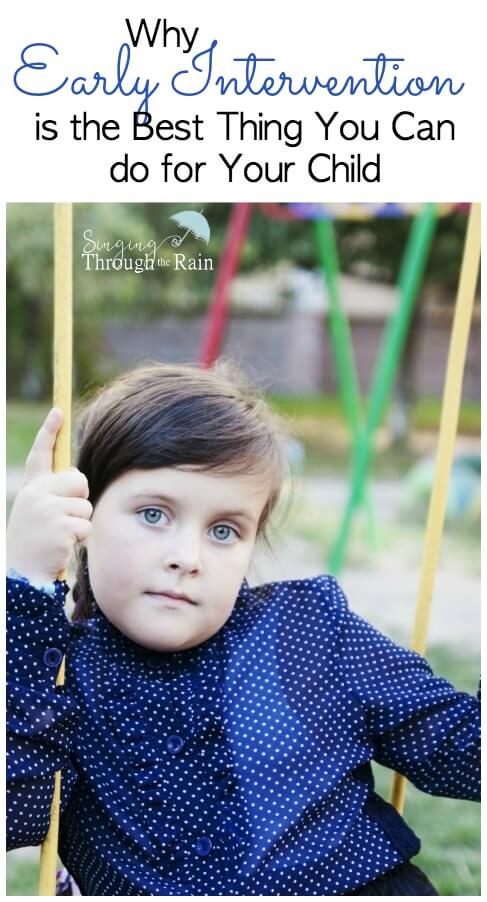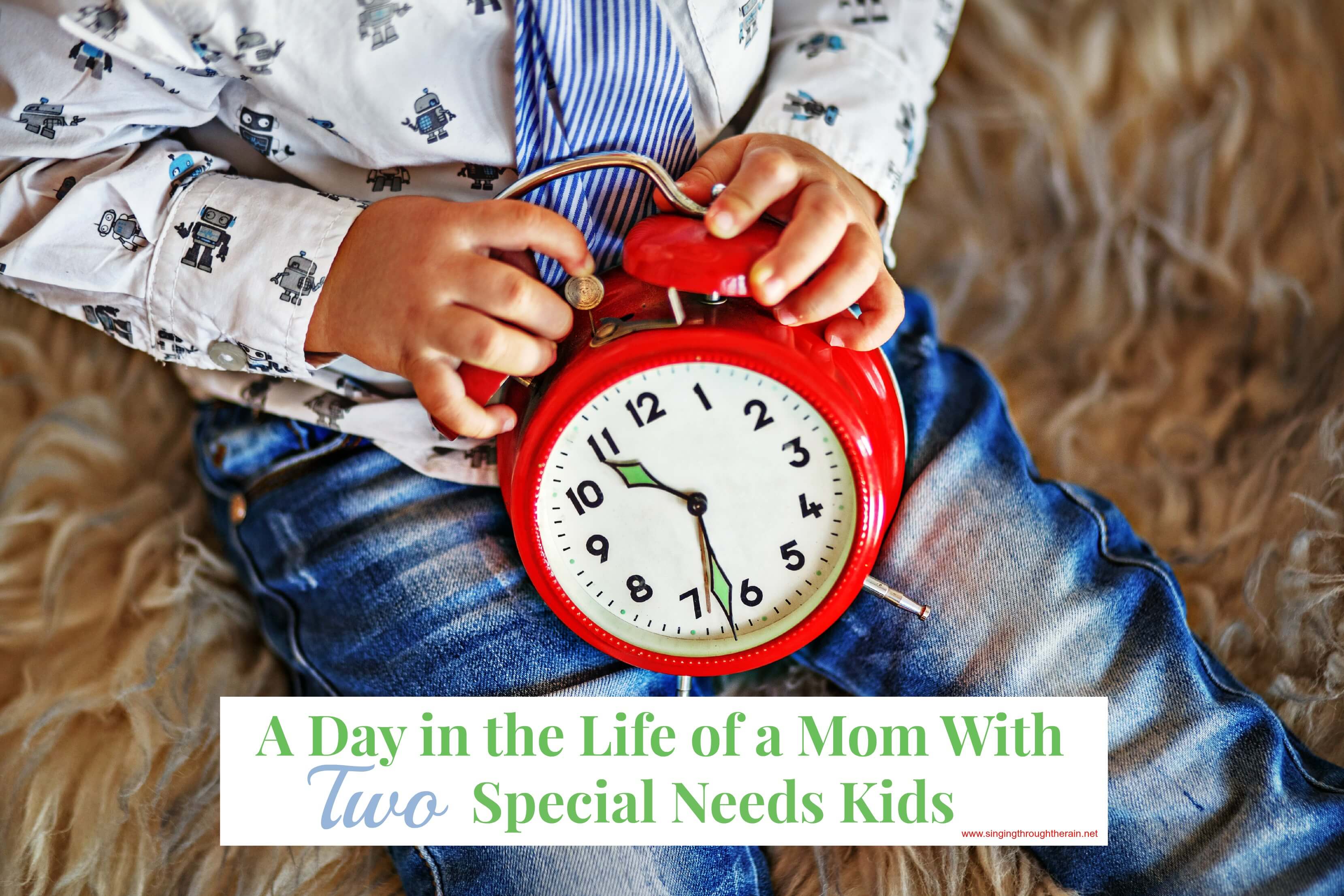Why Early Intervention is the Best Thing You Can do for Your Child
Note: I may earn money or products from the companies, products, or links mentioned in this post.
Before my son was diagnosed with autism, people told us not to worry about the delays we were seeing. Family members, friends, and even doctors told us, “That’s normal!” or “My child does that too.” In my heart, I knew it wasn’t normal, and that is why I advocate strongly for early intervention.
People think I’m crazy regarding this topic, but I stand by my beliefs because I have seen first-hand with my children how early intervention can change their life.

What is Early Intervention?
Early intervention is a service each state offers, but it is so much more than that. It is helpful for a child who may be delayed or have disabilities.
This is partly true for my family. My children have been a part of early intervention programs in several states we have lived in, and it has been helpful; however, as a parent, I have been able to help my kids much more than most programs can provide.
For us, early intervention is receiving services and therapies my children need at a young age to help them succeed and have a better quality of life.
Why is Early Intervention so Important?
Many moms say they don’t want to compare their children to other kids or the milestone charts suggested for each age group. I understand that because doctors can be too proactive at times. But some doctors will brush off your concerns instead.
What if your doctor is wrong? What if your child doesn’t grow out of it? Would you want help for your child before it’s too late?
You can find plenty of research on the importance of your child receiving intervention at an early age. Here are some reasons why:
“Decades of rigorous research show that children’s earliest experiences play a critical role in brain development. The Center on the Developing Child at Harvard University has summarized this research:
- Neural circuits, which create the foundation for learning, behavior, and health, are most flexible or “plastic” during the first three years of life. Over time, they become increasingly difficult to change.
- The brain is strengthened by positive early experiences, stable relationships with caring and responsive adults, safe and supportive environments, and appropriate nutrition.
- Early social/emotional development and physical health provide the foundation upon which cognitive and language skills develop.
- High-quality early intervention services can change a child’s developmental trajectory and improve outcomes for children, families, and communities.” – nectac.org
Some parents say they don’t want to change their children, but what if you could help them? What if their quality of life was better because of what you did?
Getting early intervention and therapies while your child is still young could be the difference between more problems as they get older versus little-to-no problems in the future. This is why I strongly believe in helping children now while their brains are still learning and growing.
What Does Early Intervention Look Like?
Services for early intervention will look different for each family. Some families choose to research themselves and help their children at home. I call this “Parent Intervention.”
I did some “parent intervention” with my son when I saw he was behind and struggling in different areas. I researched as much as I could and applied it by working with him at home until he received an official diagnosis. I know many moms who do this and who have seen fantastic results!
Other families may choose to use Early Intervention Services or a mix of parent Intervention and early intervention. Each state offers Early Intervention Services for free. They may bill your insurance, or you may have a co-pay if you can afford it, but they are funded by the state so that if you can’t afford it, you can still get help for your child’s needs.
Services can also include outpatient therapies at clinics that can evaluate and help your child. Our family does state-funded early intervention and outpatient therapies. These options have worked well for us and our situation.
Before you can get services, your child will be evaluated either in your home or at a local clinic. This evaluation will look at five different areas:
- Physical Development
- Cognitive Development
- Communication
- Social/Emotional Development
- Adaptive Skills.
I Think My Child Needs Help, What Now?
If you think your child has a problem or delay, please don’t wait. Get an evaluation done now. You can always choose to hold back on services depending on the results.
To be proactive and get help for your child now, you can research early intervention services in your area. Use google to research the availability of services in your state. Ask local moms for suggestions on what clinics are best.
The services my children received from Early Intervention changed their lives. I see changes happening every day. Looking back, I know I wouldn’t change our decision to do early intervention for anything in the world.
What about YOU? Has your child utilized early intervention services? Did it help?






